By Lewis Chukwuma
Against the nightmarish background of worsening insecurity in the country, expressed in different bloody iterations, Nigeria’s political leadership must bite the bullet and boldly opt for the engagement of military contractors to complement the efforts of the nation’s almost overwhelmed security agencies – and get the job done. Here’s why.
Since 2009, Nigeria’s military has been battling an Islamist insurgency. Today, the Islamic State West African Province (ISWAP) is now using armed drones for attacks in Nigeria. Security analysts agree that authorities must adopt a new counterterrorism strategy to defeat the insurgents.
In 2016, ISWAP broke away from Boko Haram over doctrinal differences and subsequently became an affiliate of the so-called Islamic State (IS), which gave the group access to resources and technical assistance. Experts say the proliferation of drone warfare by state actors and its adoption by armed non-state actors means they can enhance their offensive capabilities while minimizing risks to their fighters.
ISWAP recently deployed four armed drones carrying locally made grenades in an attack on the Forward Operating Base in the Wajikoro area of Borno, Northeast zone, leaving several soldiers injured. It’s no longer news that these desperadoes attack military formations at will.
The nation’s military though has stepped up efforts to contain ISWAP and Boko Haram insurgents. Recent reports have it the army had thwarted plans by ISWAP to establish bases in Plateau and Bauchi states.
Using weaponized drones marks a significant shift in the insurgent group’s tactics. Residents and critics are worried the new shift could further prolong the conflict in the region while acknowledging that non-state actors have used the technology against military targets and Critical National Infrastructure (CNI).
According to Vincent Foucher, a research fellow at the French National Centre for Scientific Research (CNRS), “They (ISWAP) have been using drones as observation drones for some time already.” He explained that the use of armed drones is growing in popularity with the war in Ukraine, adding it has “become a sort of staple of modern conflict.”
The insurgents’ access to high-tech devices has largely been linked to their control over smuggling routes and arms trafficking networks, including looting and sourcing hardware within the country. They also modify commercially available drones, specifically the quadcopter.
According to Samuel Malik, who works with Good Governance Africa, “ISWAP has proven to be highly adaptive, learning and evolving in response to state military strategies. Their shift toward incorporating drone technology mirrors broader global trends in warfare, where both state and non-state actors increasingly rely on unmanned systems for offensive and defensive operations.”
The emerging consensus is that authorities must embrace a comprehensive new strategy that combines technological innovation, military preparedness, and coordination with neighboring countries.
Over the past two years, renewed Islamist insurgency in the North-east and the rise of new terror groups in the North-central and North-west have worsened the situation. Boko Haram and its ISWAP faction have intensified attacks in Borno, Yobe, and Adamawa, using guerrilla tactics as they flee military pressure.
In the North-central and North-west, newly emerged groups like Mahmuda and Lakurawa have surfaced from sleeper cells in remote areas of Sokoto, Kwara, and Niger states. Their rise is linked to the spread of violence from the Sahel region.
Enter President Bola Tinubu
In President Bola Tinubu’s May 29, 2023, inaugural speech, he unambiguously pledged to prioritize security by improving training, equipment, pay, and firepower for the nation’s security forces. This solemn promise was encapsulated in his Renewed Hope Agenda to overhaul the security system across board.
Two years on the executive perch as president, Tinubu has certainly not come out smelling of roses. Violent, bloody depredations by armed non-state actors with different toxic agendas, especially in rural Nigeria, have scaled up, mirrored in the thousands of deaths, countless kidnappings, genocidal ancestral land grabbing and more.
While the bosses of the nation’s clearly overstretched security forces talk tough and have actually registered commendable pushbacks – cut to the bone, they have come up short. This is palpably expressed in the failure of the administration’s efforts to rein in the subsisting infamy and stabilize the country.
According to Amnesty International, over 10,000 deaths has occurred, carried out by non-state actors since President Tinubu assumed office two years ago. Not unexpectedly, the administration has denied this figures without countering them with its own data.
ACLED (Armed Conflict Location & Event Data) recorded 7,472 killed and 12,584 abducted between May 2023 and May 2025 in Nigeria. ACLED is an independent, impartial, international non-profit organization collecting data on violent conflict and protest in all countries and territories in the world.
The Military Contractors’ Option
Today, it’s no secret that some developed powerful nations engage military contractors to bolster their military operations. Some examples include the USA, UK, Russia, and France. Engagement of military contractors to complement a standing army is often considered a form of legitimate outsourcing of state security functions, particularly in developed nations.
While military contractors are employed by nations or private companies to perform military or security-related tasks; they are not necessarily mercenaries. The key distinction lies in the intent of their service and the lack of a formal legal framework:
Military contractors are individuals employed by nations or private companies (Private Military Companies or PMCs) to perform military or security-related tasks which can range from combat roles to logistical support, training, and security services.
Military contractors can offer a broader range of services, including security and training, beyond direct combat. Military contractors operate within a framework of private contracts, while mercenaries lack a permanent framework or vetting.
Nigeria’s use of military contractors is a complex issue with a history of both success and controversy, particularly in the context of combating Boko Haram. Notably, former President Jonathan’s use of military contractors towards the tail end of his abbreviated tenure – before the general election – recorded considerable successes.
While some see military contractors as a valuable asset, particularly in providing specialized training and support, concerns exist about accountability, potential for human rights abuses, and the long-term impact on national security.
Against the background of humungous annual security budgets, the successes recorded by the nation’s security agencies remain debatable. It is against this backdrop that debate for engagement of military contractors is scaling up.
The military itself may not like the idea of foreign intrusion into its statutory mandate theater but when the key challenges – technology, numbers, inter-agency rivalry, political interference and more stack up, the logical way forward is to engage military contractors to get the job done.
Worsening Scenarios
According to the Nigeria Situation Report (January 2025) by ReliefWeb, nearly 8 million people require humanitarian assistance due to ongoing conflict and displacement, especially in Zamfara and Borno States.
The Castor Vali Q1 2025 Nigeria Security Report details over 1,420 deaths and 537 kidnappings in the first quarter of 2025, highlighting persistent violence mainly in the North-West and North-Central regions.
The Nextier Nigeria Violent Conflicts Database recorded 278 casualties from terrorism and 253 from banditry in 2024, with violence continuing into 2025.
The Kimpact Development Initiative report states that over 91,000 Nigerians died from insecurity between 2011 and 2024, with 14,470 deaths in 2014 alone, underscoring a worsening trend.
The 2025 Humanitarian Needs and Response Plan projects about 33 million Nigerians facing food insecurity in 2025, driven by violence and economic hardship.
In the first three months of 2025, at least 2,819 incidents of abduction were recorded, with 3,190 fatalities and 1,123 persons injured. The incidents were recorded in 428 out of 774 local government areas.
It is on record that governors spent N2trn on the Nigeria Police Force, according to the NGF Secretariat findings. Governors of the 36 states have collectively spent more that sum in augmenting police operations nationwide in the last decade alone.
The amount, according to the Forum’s Secretariat, was not minding the contributions of Borno, Yobe, Adamawa and Gombe states, hitherto referred to as the frontline states and critical flashpoints at the peak of the war against insurgency in the country.
It revealed the purchases by the governors covered such items as Hilux light trucks, Armoured Personnel carriers, Helicopters, River Gun Boats, Horses, Communication equipment, uniforms and handcuffs among others.
While there have been some gains in combating terrorism and banditry, persistent and emerging threats continue to undermine the administration’s efforts to stabilize the country. The alarming thinking currently is that all these massive expenditures to beef up security has not reflected at the anticipated scale nor appreciably rolled back the bloody infamy.
The engagement of military contractors comes without the damaging suspicions traditional forces often experience, a scenario that often undermines critical combat cohesion and confidentiality. Military contractors are only beholden to their brief. While some may perceive their engagement as a feature of failed or weak African states, the outsourcing of security has been widely adopted by developed countries that realized the greater cost effectiveness and efficacy of private military contractors over standing armies. The use of PMSCs thus stems from the restructuring of state security functions that typify the neoliberal global order.
To accelerate the decisive defeat of the festering, multi-nuanced insecurity and urgently guarantee the critical space for massive development, President Tinubu must override contrary positions and sign-up military contractors to help get the job done.



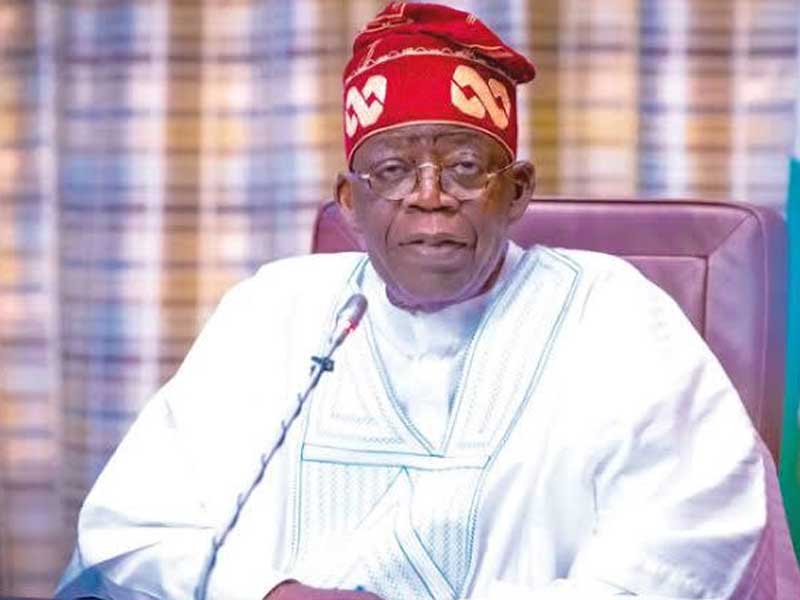


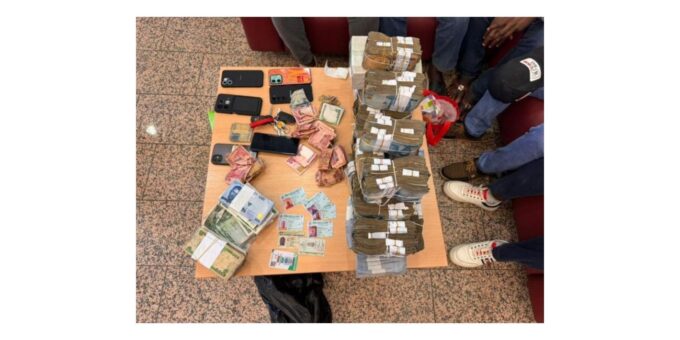
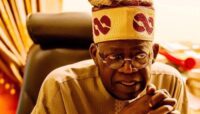

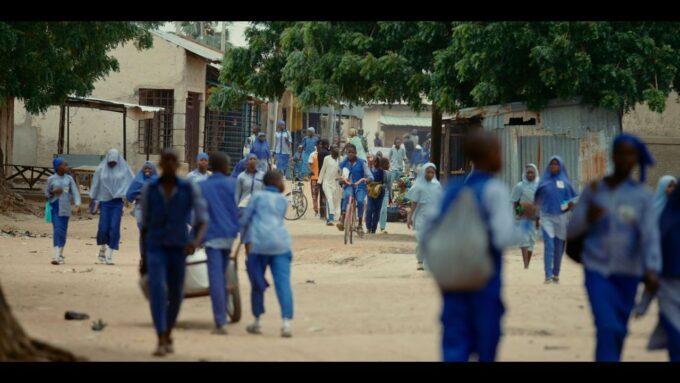
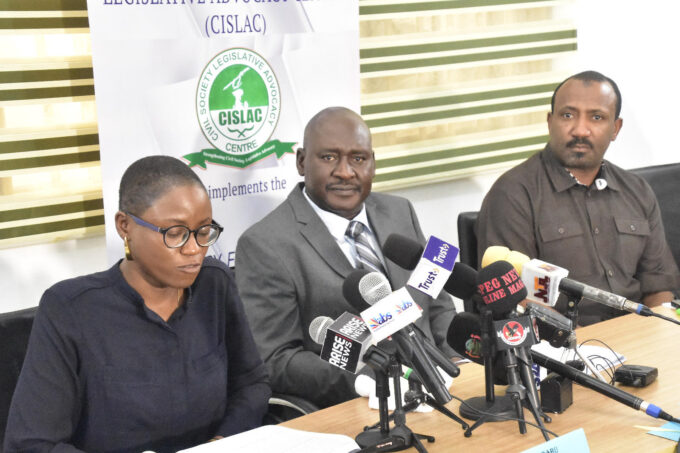
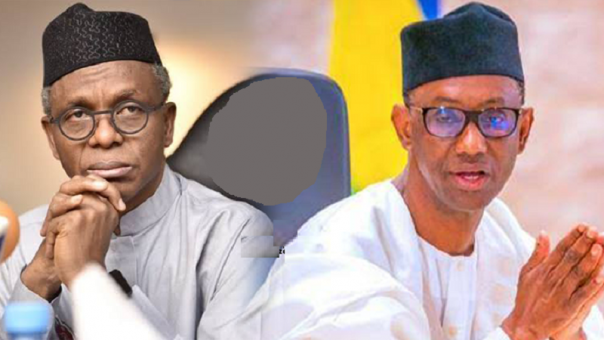






Leave a comment